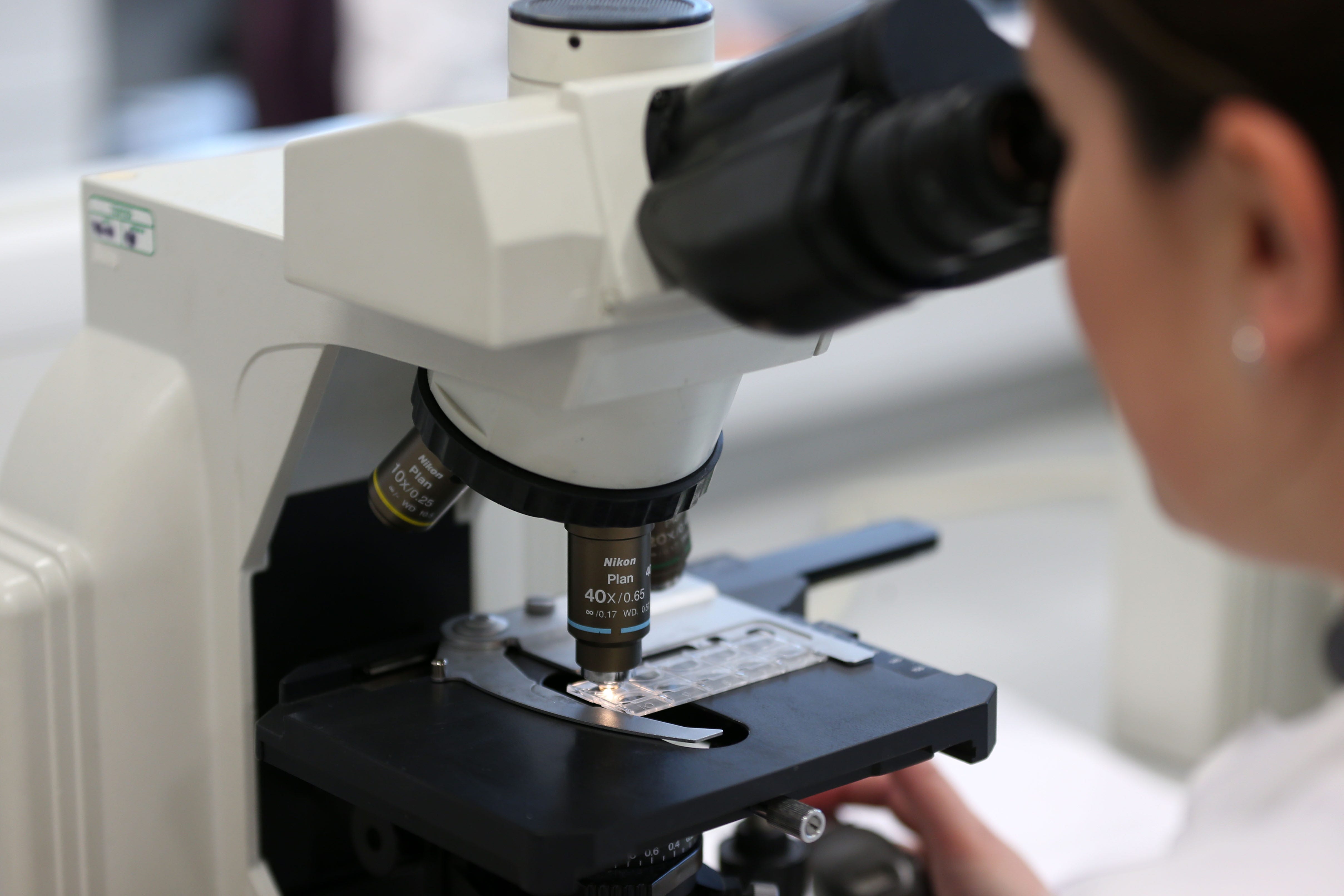UK must do more to lead innovation in bio-tech sector, Lords committee says
Peers have warned the UK risks failing behind rivals if it does not do more to innovate in the engineering biology sector.

Your support helps us to tell the story
From reproductive rights to climate change to Big Tech, The Independent is on the ground when the story is developing. Whether it's investigating the financials of Elon Musk's pro-Trump PAC or producing our latest documentary, 'The A Word', which shines a light on the American women fighting for reproductive rights, we know how important it is to parse out the facts from the messaging.
At such a critical moment in US history, we need reporters on the ground. Your donation allows us to keep sending journalists to speak to both sides of the story.
The Independent is trusted by Americans across the entire political spectrum. And unlike many other quality news outlets, we choose not to lock Americans out of our reporting and analysis with paywalls. We believe quality journalism should be available to everyone, paid for by those who can afford it.
Your support makes all the difference.The UK has already lost its position as a world-leader in certain scientific innovations and technologies, and is in “severe” danger of slipping further behind without urgent action, a House of Lords report has warned.
The cross-party Lords Science and Technology Committee said the UK must do more to boost innovation in the area of engineering biology to prevent it from entering a “doom loop” where foreign competitors leapfrog British efforts.
The report follows an eight-month inquiry into engineering biology, an emerging area of science which uses and adapts nature to help solve key societal problems around food, healthcare, energy and manufacturing.
In it, the committee calls for action in seven areas: strategy, skills, regulation, infrastructure, investment, adoption and governance – and says the Government needs to offer incentives to firms to invest in bio-tech companies and products.
Baroness Brown of Cambridge, chair of the committee, said: “Britain is a world-leader in scientific innovation, with a heritage that is the envy of the world.
“But all too frequently we are crashing into walls rather than smashing through ceilings.
“Pioneering companies urgently need to scale-up to become globally competitive – not get stuck in the investment ‘valley of death’. The committee believes that without urgent action across the key areas set out in our report, the UK is at severe risk of losing the potential benefits of a world-leading engineering biology sector.
“All too often we hear that when companies reach a certain size, they move abroad for better investment and development prospects, taking most of the economic benefit with them.
“This failure to scale in the UK is a long-standing issue which requires an urgent, concerted, cross-government approach to fix.”
A Government spokesperson said: “We welcome the committee’s report.
“Engineering biology is a technology with enormous potential, and we agree that it is critical to support home-grown engineering biology companies – which our bold national vision for engineering biology also makes the case for.
“Our commitment to the UK’s burgeoning engineering biology sector is clear: from our £100 million investment in the Engineering Biology Mission Hubs and Awards, to efforts to improve the regulation of this critical technology, including through the new Regulatory Innovation Office.”